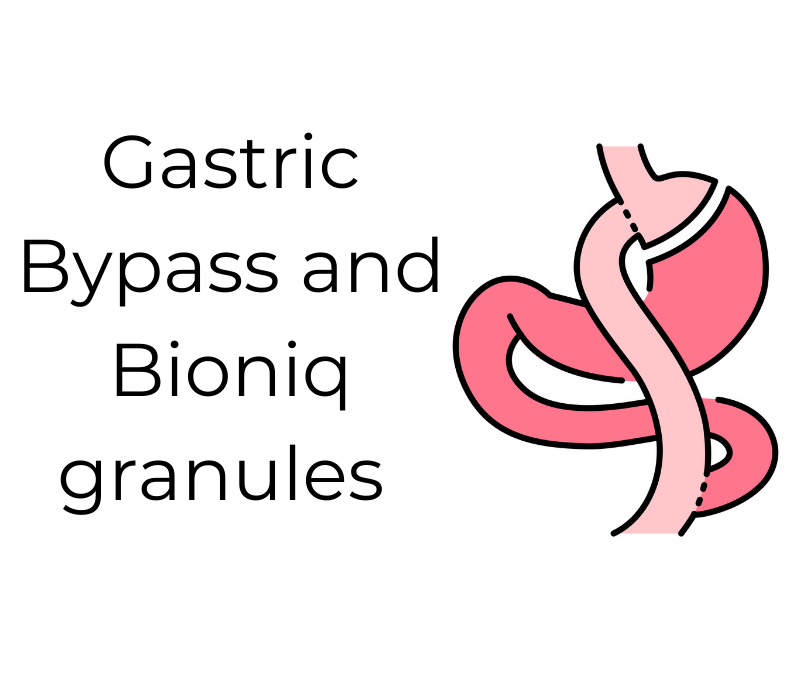
Perhaps, many of us have heard about the health risks associated with high cholesterol levels. But did you know that cholesterol exists in two forms – one that is good for you and the other, which is harmful? To learn more about the issue, check out the cholesterol cheat sheet from our clinical dietitian Lama Dalloul.
Cholesterol is a fat-like substance (sterol) carried in our body by lipoprotein. Despite the bad rep, cholesterol is actually important for your body! At healthy levels, cholesterol plays a significant role in maintaining the integrity of the cell membrane and helps produce steroid hormones, bile acids, and fat-soluble vitamins like vitamin D. However, unhealthy or high levels of cholesterol, specifically LDL cholesterol, may increase the risk of heart diseases.
Now, let's understand what makes good and bad cholesterol. As mentioned above, lipoprotein carries the cholesterol – but there are two types of the substance in our body.
Low-density lipoprotein (LDL) is considered to be "bad cholesterol". LDL is the primary source of fatty deposits that build upon the blood vessel walls and can eventually block their passageways. As a result, high LDL levels may cause the formation of blood clots and increase the risk of a heart attack.
Meanwhile, high-density lipoprotein (HDL) is known as "good cholesterol", as it helps to remove plaque and bad cholesterol from your bloodstream, carrying it back to your liver, where it is broken down. This type of cholesterol also promotes a lower risk of heart disease.
A routine lipid profile checkup is essential to keep track of your cholesterol level. LDL is often called a "silent killer" for a reason – there is a chance that you might have high LDL levels without showing any symptoms. The earlier it is detected, the better!
A variety of factors may affect the risk of having a high LDL level. Some are controllable, like diet, physical activity, and lifestyle habits. On the other hand, others, like heredity, age, and gender, are inherent.
While we can't alter our genetics, changing some of our good (or bad!) habits can influence our health. For instance, a diet high in saturated fatty acids, obesity, lack of physical activity, smoking, and drinking alcohol will increase your risk of having high LDL. Women before menopause have a lower risk of increased LDL levels than men at the same age. However, postmenopausal women are considered the risk group for increased LDL levels.
To keep your cholesterol levels at bay, you can implement healthier habits into your life – and start now!
Before following through with medical treatment, there is always a way to start with natural methods, such as rethinking your lifestyle habits. Therapeutic Lifestyle Changes – a cholesterol-lowering diet, physical activity and weight management are the primary steps to lower high levels of LDL.
The TLC method is recommended for anyone who wants to improve their health. It aims to lower your saturated-fat intake (ideally, by 7% of your daily fat intake) and reduce your daily cholesterol consumption by 200 mg. The meal plan is strict yet simple – go for foods high in soluble fibres and plant sterols to lower the LDL levels.
- Increase your soluble fibre intake as it keeps your body from absorbing cholesterol. Foods like oatmeal, apples, prunes, and beans are high in soluble fibre.
- Reduce your saturated fats intake – ideally, less than 7% of your daily fat intake. The secret is to avoid processed food, commercial cakes, cookies and margarine. Foods low in saturated fat include fat-free or 1% dairy products, lean meats, fish, skinless poultry, whole-grain foods, and fruits and vegetables.
- Increase your fish intake – wild salmon, sardines, white fish, tuna.
- Always opt for extra virgin olive oil – it may help reduce LDL cholesterol by as much as 15%, which is almost equal to low doses of medication.
- Limit foods high in cholesterol such as liver and other organ meats, egg yolks, and full-fat dairy products.
- Consume nuts and seeds in moderation. If you do, opt for walnuts, almonds, hazelnut, flaxseeds, pumpkin seeds, and chia seeds – those can help lower LDL and can keep your body from absorbing cholesterol.
Other lifestyle changes:
- Weight management – Reducing weight can help lower your cholesterol levels.
- Exercise – Physical activity directly correlates with cholesterol levels. Incorporate at least 3-4 hours of exercise per week as it can increase your HDL and reduce LDL and triglyceride levels.
- Smoking – Studies show that quitting smoking can directly impact your cholesterol levels.
Finally, our clinical data has proven that individually prescribed vitamins and supplements can act as an effective method to correct LDL levels. A Bioniq study, published in the Biomedical Research and Therapy medical journal in 2020, concluded that a 2-month course of a vitamin-mineral complex treatment decreased the cholesterol concentration in blood, specifically LDL levels, in the sample group of 197 patients. So, taking care of your micronutrient balance can contribute to maintaining a healthy cholesterol balance and supporting your overall wellbeing.
To get your personalized 34-component Bioniq GO supplement formula, take our 5-minute health quiz and tell us about your health! Or, if you want to go even deeper into understanding your health, consider Bioniq PRO health optimization system. With in-depth blood tests, tailor-made supplements and personal nutritionist guidance, you can improve your nutrition and take on more healthy habits to support your body. That will help you manage your cholesterol status, as well as optimize other areas of your health.
You can keep track of your cholesterol levels and other metrics vital body functions on the Bioniq app and by taking the comprehensive 50-parameter Bioniq Test.

%20(1).png)
